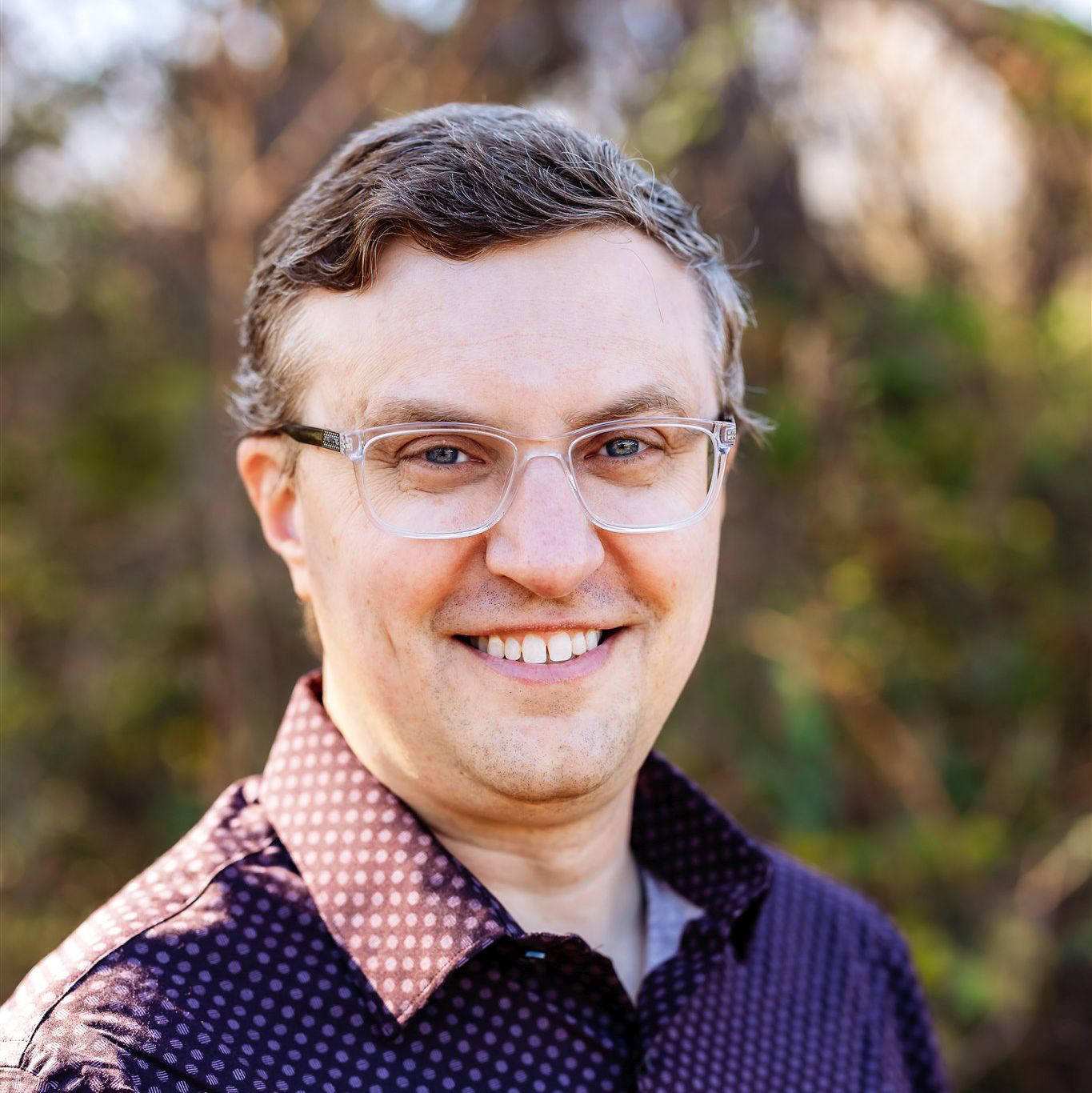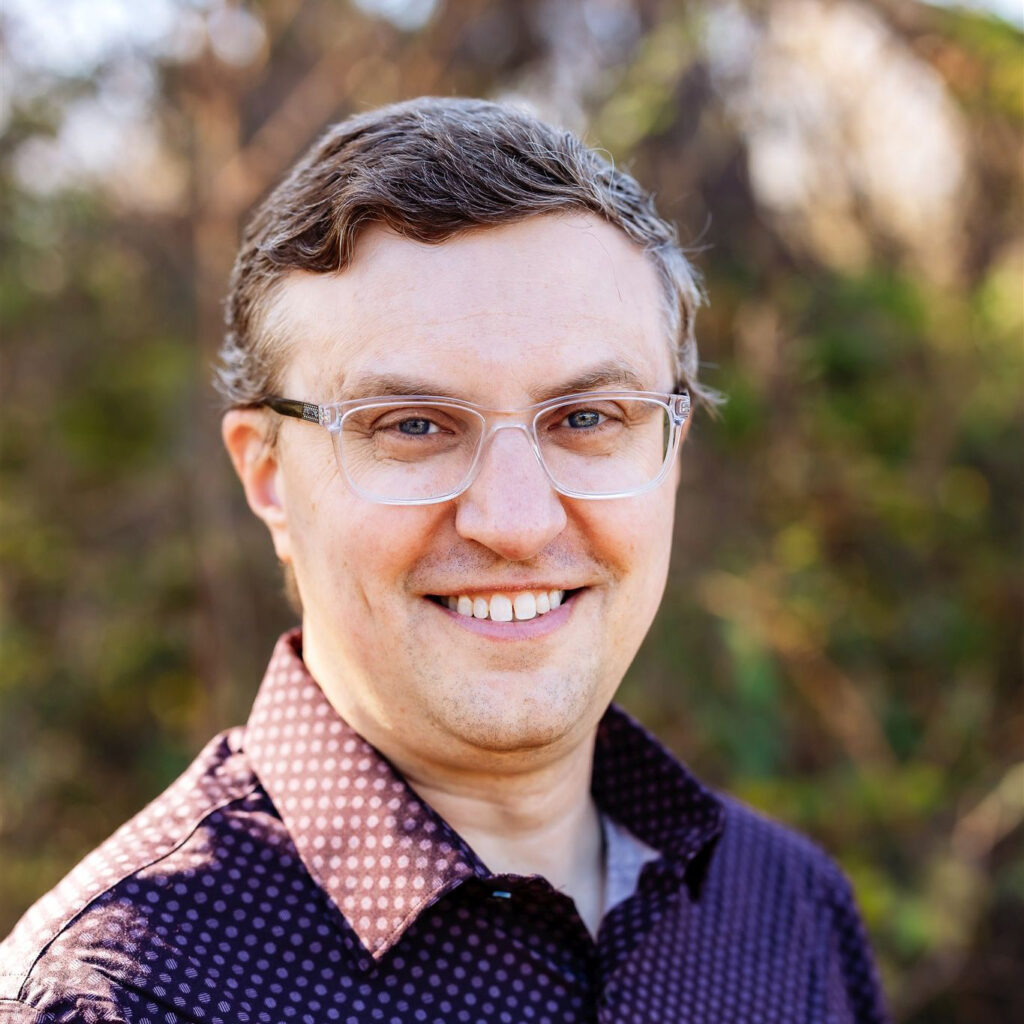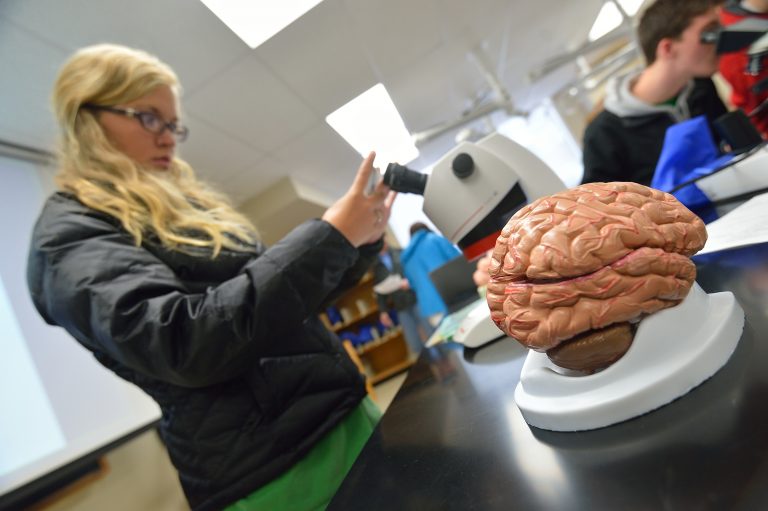
Derek Bruff. Photo by Katy Hill
Bruff offers insight on domain-specific AI platforms, increased flexibility in course offerings
Derek Bruff, visiting associate director of the University of Mississippi‘s Center for Excellence in Teaching and Learning, worked with some of the nation’s top education experts to peer into the near future of online and professional education.
They compiled their insights into a new report published by UPCEA, the online and professional education association. The article drew from 11 experts that make up the organization’s group of strategic advisers, including Bruff.
“We are available to consult with university leaders about online education – how you build courses, recruiting infrastructure and so on,” he said.
“My role is teaching and learning, so they want me on this team to represent that sort of expertise.”
Bruff’s first prediction is related to artificial intelligence.
“Five years ago, I don’t think I would have mentioned anything about AI,” he said. “Predicting 12 months out, however, I can see trends and examples of what’s likely to happen. ChatGPT is a fairly general-purpose AI tool – you can ask it anything and it will tell you something. I expect we will see domain-specific AI tools as an alternative.
“This kind of tool would be trained using an internal knowledge base where lots of answers have been documented. I expect to see that in university applications in the next year.”
Customized, domain-specific AI platforms used for research and administrative purposes could help solve problems that hamper current platforms, such as data security and reliability.
Additionally, instructors must prepare students for a workforce in which they will have to use this technology, Bruff said. Not only will educators need to teach them to operate different AI platforms, but also how to use them ethically, he said.
“Some of the key players in AI may change, but it’s going to be present and integrated in our work,” he said. “I’m expecting it to get better and be a more useful tool.”
With the onset of COVID-19, many professors had to quickly pivot to online instruction. This provided opportunities for increased course offerings that will continue into 2024, Bruff said in his second prediction.
“I think that we are going to see continued growth in courses and programs that are offered in a variety of modalities and structures,” he said. “This is driven by growth in interest from students in having more options – we’re seeing this already in Mississippi, where we have residential students who want online options.
“Students have found that they can navigate this, and faculty have found that they have the capacity to teach online and now believe in the power of online education.”
This growth will offer increased opportunity for faculty development, which is CETL’s primary mission, Bruff said.
“Everything that I just predicted, whether it’s online courses and programs or teaching students to use AI effectively, requires our faculty to change and respond to these trends,” he said. “So how can we equip our faculty as they are having to learn new skills?
“There is an important role here for professional development for faculty. That’s one of the reasons that I am excited to be involved with CETL.”
Bruff said he has learned a lot from fellow UPCEA strategic advisers as they worked on the report.
“This was a neat opportunity – the folks in the report have different backgrounds; a lot of them have run online education units and we all have slightly different perspectives on this,” he said. “It’s been fun to expand my network.”
By Erin Garrett




